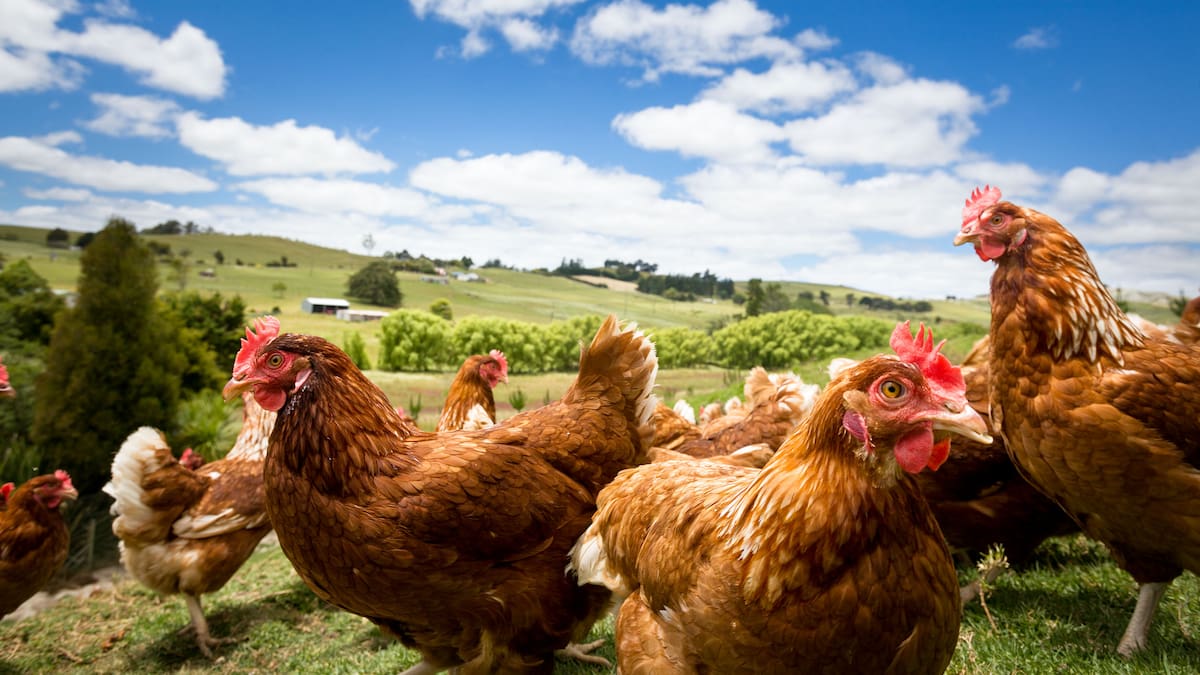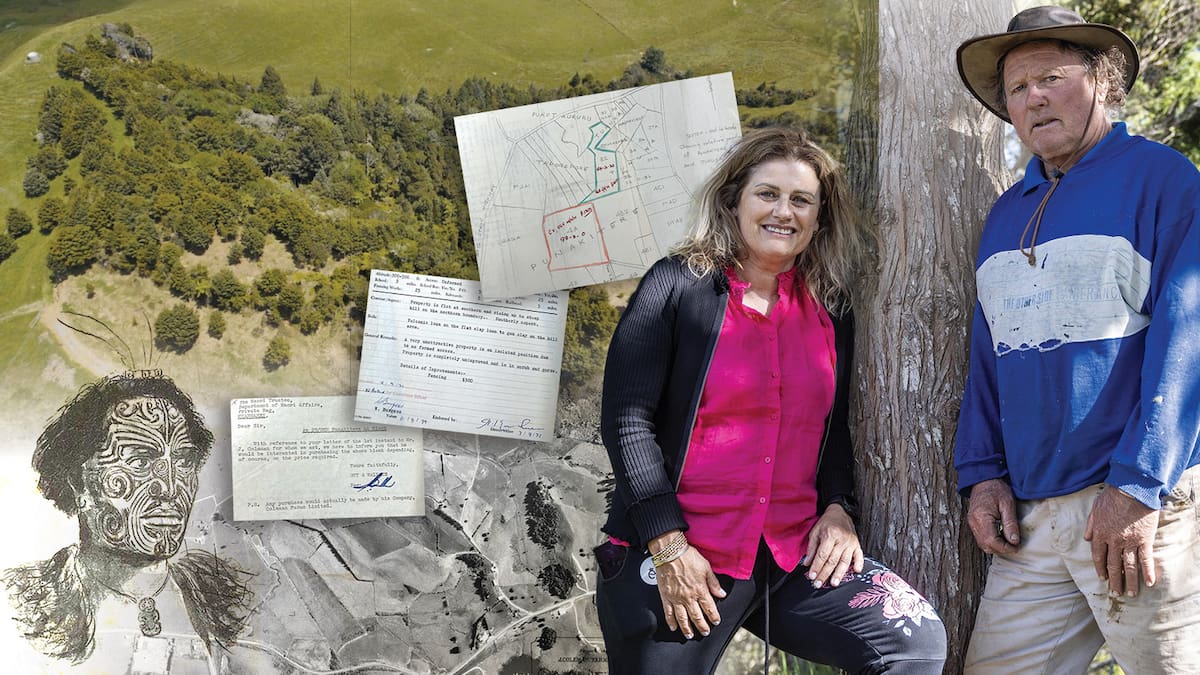Road safety advocates say plummeting police breath test numbers could be contributing to Northland’s “appalling” road toll this year and alcohol-related crashes more than 50% higher than any other region.
There have been 21 deaths on Northland’s roads so far, the highest road toll figures for January to June in the last five years.
A horror end to last year also saw 2022’s road toll finish the highest in five years, with 38 deaths.
The cause of these crashes is still under investigation, but the latest report by Waka Kotahi NZ Transport Agency showed Northland had the highest rate of alcohol-related crashes in December 2020.
READ MORE:
* One hospitalised after police car and dirt bike crash in Whangārei
* Police seek witnesses to fatal Whangārei crashes
* Fewer breath tests as deaths rise on Auckland roads
The Northland police district recorded 15 fatal or serious injury-crashes, where alcohol was tested as a factor, per 100,000 people. The next-highest rate was 10 per 100,000 in Waikato and central region.
Ministry of Transport statistics show alcohol and drugs contributed to 70% of Northland fatalities in 2020 and 60% in 2021.
Warwick Smith/Stuff
Police run a breath testing checkpoint in Palmerston North in 2017. Such checkpoints are becoming more rare across the country, particularly in Northland. (File photo)
Meanwhile, the number of police breath screening tests for drink-driving has dropped. In Northland, about 47,000 breath screening tests were done in 2021-22, just a third of the number in 2014-15.
Tracey Rissetto, AA New Zealand’s Northland chairperson, said the figures supplied to AA by police under the Official Information Act show falling breath testing numbers across the country.
“Northland has by far the greatest drop, which was of great concern.”
Rissetto said Northland’s road toll is not only very high this year, it is consistently the worst in the country per head of population.
She thought police’s low enforcement had a part to play in the high road toll, alongside the poor state of Northland’s roads.
“It appears a lot of it is driver behaviour, driver responsibility on our roads,” she said.
“We have a generation of drivers that aren’t used to policing on the road and proactive enforcement.”
The AA is advocating for more police enforcement, not just for drink-driving but also for other high-risk behaviour, such as a lack of seat-belts, drug driving, cellphone use and speed, Rissetto said.
Local police officers are trying their hardest to do enforcement but need more resources, she said.
Far North councillor and Northland Regional Transport representative Ann Court also said more enforcement was needed – particularly more breath tests.
While the road is often blamed for Northland’s high road toll, the police’s own statistics show high-risk behaviour is more often at fault, she said.
“We’ve had 21 deaths so far this year, which is appalling. I feel we become desensitised as a society and that becomes just a number.”
Court said she frequently saw drivers in the Far North breaking the road rules.
“Unfortunately, it’s going to take enforcement to start changing people’s behaviour.”
Northland police admit they dropped the ball when it comes to breath testing but aim to do better in the coming financial year.
Denise Piper/Stuff
Northland has challenges with driver behaviour as well as road conditions, with speed limits set higher than the safe speed, police say. (File photo)
Northland road policing manager Anne-Marie Fitchett said police have been stretched by competing demands.
In 2020 and 2021, the Covid-19 pandemic made road policing challenging. Along with the risk of infection, police were required to monitor travel restrictions and sick staff.
“At the same time, demands on police increased dramatically, particularly in mental health and family harm-related events. At times, this meant dedicated road policing staff were called upon to assist.”
Northland Police acknowledge there is some work to do, both to increase visibility and in testing of impaired drivers, Fitchett said.
A new tactical plan aims for Northland police to carry out 150,000 breath tests in the year starting July 1, 2023 – almost twice as many as have been done since 2015.
“Northland communities can expect to be breath tested if they are stopped at any time, anywhere and for any reason,” she said.
Fitchett also acknowledged the need for deterrence of other high-risk driving behaviour, including rigorous speed enforcement and testing drivers who appear to be impaired by drugs.
“Sadly, Northland has the highest rate of drug driver apprehensions in the country.”
Northland also has challenging road conditions, with 80% of deaths and serious injuries in 2022 on roads where the speed limit was higher than the safe and appropriate speed, Fitchett said.
Road safety is everyone’s responsibility, she said, and she urged people to drive safely.
“Our communities are sick of the devastation caused by drivers who choose to drive after consuming alcohol or drugs.”



